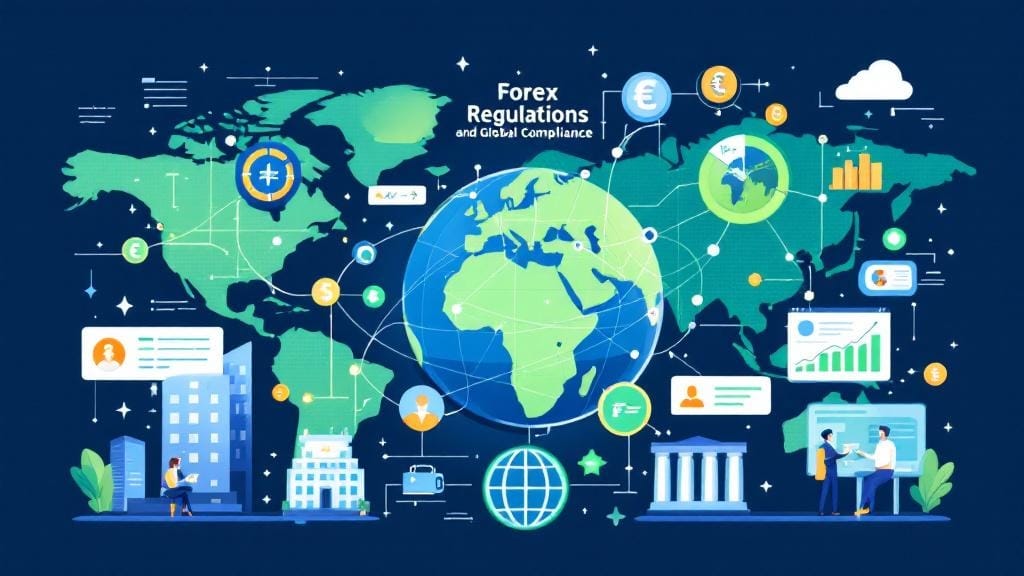Homeownership is a dream come true—until it becomes a financial burden. If you’re struggling to keep up with your mortgage payments, you’re not alone. Millions of homeowners face financial challenges due to job loss, medical bills, or unexpected life changes. The good news? Mortgage debt help is available—and it’s more accessible than you might think.
In this comprehensive guide, we’ll walk you through practical steps to manage your mortgage debt, explore mortgage forgiveness programs, and help you discover relief options suited for your situation.
What Is Mortgage Debt Help?
Mortgage debt help refers to a range of solutions designed to assist homeowners who are behind on payments or at risk of foreclosure. These may include:
-
Loan modifications
-
Forbearance or deferment
-
Refinancing options
-
Mortgage debt consolidation
-
Federal and state-sponsored relief programs
-
Nonprofit counseling and financial support
If you’re feeling overwhelmed, know this—you’re not alone, and there are real solutions to get you back on track.
Common Reasons Homeowners Seek Mortgage Debt Help
Understanding the “why” behind mortgage debt can help you identify the best relief option.
1. Job Loss or Income Reduction
Unexpected unemployment or reduced hours can quickly make mortgage payments unaffordable. In such cases, programs like emergency mortgage assistance or mortgage help after job loss can provide short-term relief.
2. Medical Emergencies or Major Expenses
Even with insurance, serious health issues can result in large out-of-pocket costs, leaving less money for monthly bills.
3. Pandemic-Related Financial Setbacks
Many homeowners are still recovering from the economic impact of COVID-19. Thankfully, COVID-19 mortgage relief and Homeowners Assistance Fund programs were designed for just that.
Top Mortgage Debt Help Options (2025 Edition)
1. Loan Modification Programs
This involves changing the terms of your loan—usually by extending the term or reducing the interest rate—to lower monthly payments.
-
Who it’s for: Homeowners behind on payments or at risk of default
-
Where to apply: Contact your lender or mortgage servicer directly
2. Mortgage Forbearance & Payment Suspension
Forbearance allows you to temporarily pause or reduce payments, giving you time to stabilize your finances.
-
FHA mortgage assistance often includes forbearance options
-
Use wisely—missed payments still need to be repaid later
3. Mortgage Debt Consolidation
If you’re juggling multiple debts, consolidating them into one loan with a lower interest rate can simplify payments and reduce financial pressure.
-
Can include other debts like credit cards or auto loans
-
May require good credit or a co-signer
4. Federal Mortgage Relief Programs
These government-backed initiatives offer structured relief:
-
Homeowners Assistance Fund (HAF) – Targeted to help those impacted by COVID-19
-
Federal Housing Administration (FHA) and VA loan programs also offer relief
-
State-level help from State Housing Finance Agencies
5. Mortgage Help for Low-Income Families
If your income doesn’t meet average household thresholds, you may qualify for mortgage help for low income through nonprofit or government programs.
-
Options may include nonprofit mortgage assistance or payment subsidies
-
Often requires income verification and homeownership counseling
6. Help for Seniors and Retirees
Seniors with fixed incomes can benefit from mortgage help for seniors, including property tax deferrals or reverse mortgage counseling.
How to Qualify for Mortgage Relief Programs
While programs vary, most will assess your:
-
Proof of financial hardship (job loss, reduced income, medical bills)
-
Mortgage status (delinquent, at-risk of default)
-
Loan type (FHA, VA, USDA, or conventional)
-
Current income and debt levels
💡 Pro Tip: Always speak with your mortgage servicer before missing a payment. You may qualify for loss mitigation strategies that avoid foreclosure.
Trusted Mortgage Support Services
Many organizations provide free or low-cost assistance:
1. HUD-Approved Housing Counselors
The U.S. Department of Housing and Urban Development (HUD) offers a network of certified counselors who can:
-
Review your finances
-
Help you apply for programs
-
Negotiate with lenders on your behalf
2. Nonprofit Mortgage Assistance
Groups like NeighborWorks, Hope Now, and National Foundation for Credit Counseling (NFCC) help struggling homeowners navigate debt relief.
3. Mortgage Relief Companies
Some private companies offer assistance, but beware of scams. Always check credentials and never pay upfront fees.
Real-Life Example: Mortgage Relief After Job Loss
Take Priya, a homeowner in Pune, India, who lost her IT job during the pandemic. After falling behind on two mortgage payments, she feared foreclosure.
Here’s how she found relief:
-
Contacted her bank to request mortgage payment suspension
-
Applied for the Homeowners Assistance Fund under state programs
-
Worked with a HUD counselor to get into a mortgage modification program
Now, she’s back on her feet—with a more manageable monthly payment and her home secured.
What Happens If You Default on a Mortgage Loan?
Defaulting can lead to serious consequences, including:
-
Foreclosure
-
Damage to your credit score
-
Legal action from your lender
-
Difficulty qualifying for future loans
That’s why seeking late mortgage payment help early is crucial. Many programs are only available before foreclosure proceedings begin.
How to Avoid Scams While Seeking Help
Unfortunately, some people exploit vulnerable homeowners. Here are red flags to watch for:
-
Requests for upfront fees
-
Promises of guaranteed results
-
Asking you to stop communicating with your lender
-
No written contract or disclosures
Always verify services through government websites or trusted nonprofits.
5-7 Frequently Asked Questions (FAQs)
1. What is the Homeowners Assistance Fund and how do I apply?
The Homeowners Assistance Fund (HAF) is a federal program providing mortgage and utility relief for COVID-impacted homeowners. You can apply via your State Housing Finance Agency or local housing department.
2. Can I qualify for FHA mortgage assistance with a low credit score?
Yes. FHA programs are designed for homeowners with limited credit. Even if you have a poor score, you may still qualify for loan modification or forbearance.
3. Are there mortgage help programs for seniors?
Absolutely. Seniors can explore options like reverse mortgages, property tax deferrals, or HUD’s housing counseling for older adults.
4. What are mortgage relief companies and are they safe?
Mortgage relief companies offer debt management services—but not all are legit. Stick to nonprofit or HUD-approved agencies to avoid scams.
5. Is mortgage payment suspension the same as forgiveness?
No. Suspension (forbearance) delays payments temporarily. Forgiveness eliminates part or all of the debt—but is rare and often tied to specific mortgage forgiveness programs.
6. Can I get help after losing my job?
Yes. There are specific mortgage help after job loss options like temporary forbearance, emergency mortgage assistance, and HAF.
7. What happens if I do nothing about missed payments?
Ignoring the problem leads to default, and eventually, foreclosure. Act early and explore options before your situation worsens.
Final Thoughts: Don’t Wait to Seek Mortgage Debt Help
If you’re stressed about making your next payment, don’t face it alone. From federal mortgage relief programs to nonprofit mortgage assistance, there are real paths to stability.
Mortgage debt help is not a one-size-fits-all solution, but there is likely a program that fits your unique needs. Speak to your lender, connect with a HUD-certified counselor, and take control of your finances—before foreclosure becomes a reality.








Comments (0)